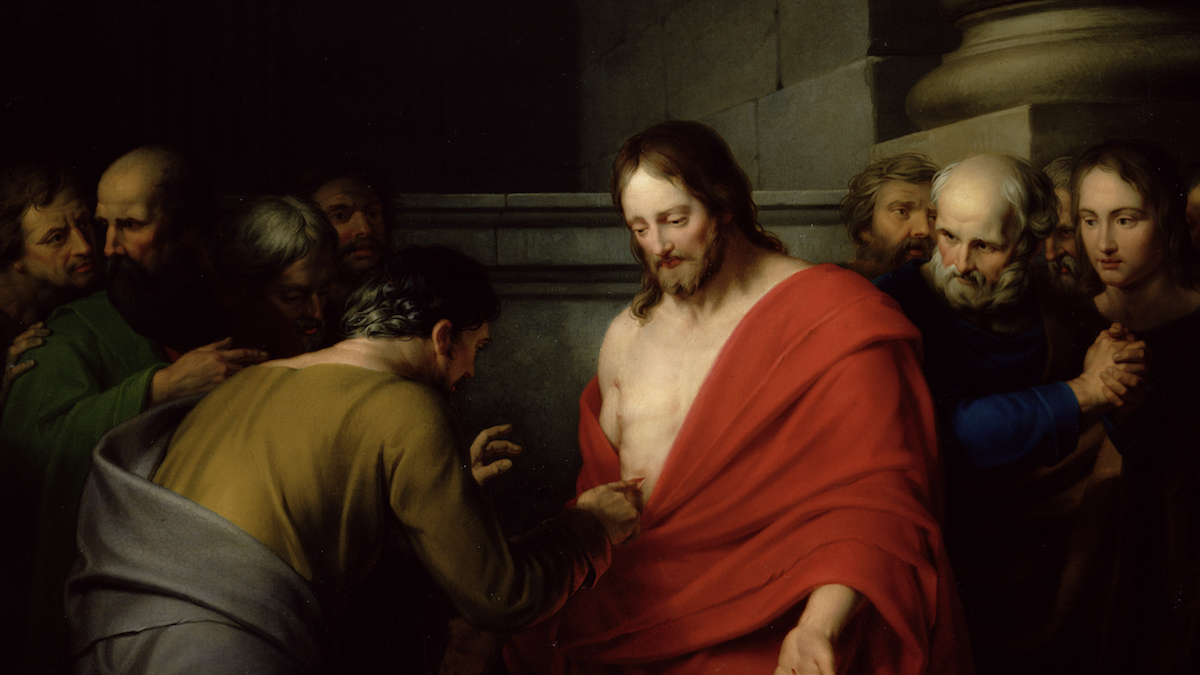During the Masses of February 17th and 18th, I had the grace of reading the Pastoral Letter for Lent 2024 written by the Maltese Bishops, namely Msgr. Charles J. Scicluna, the Archbishop of Malta, Msgr. Anton Teuma, Bishop of Gozo as well as Msgr. Joseph Galea-Curmi, the Auxiliary Bishop of Malta.
I purposely say that it was a grace for me since, as Pope Benedict rightly put it just one day before the announcement of his resignation in a tweet:We must trust in the mighty power of God’s mercy. We are all sinners, but His grace transforms us and makes us new. In gently reading this very fruitful pastoral letter I felt that its words were filled with that transforming grace which is able to make me new.
The context within which this letter was written is that this year 2024, the Maltese nation is celebrating its 60 years of independence and 50 years as a republic. The title of this Lenten pastoral letter is: Five Blessings For Our Country. In order to highlight this important event within our history as Maltese the Bishops are proposing that as a country, and as Christians, we ought to reflect on the five gifts of God that Dun Karm Psaila, the national poet, reminds us of in Malta’s national anthem: sound judgement, mercy, health, unity and peace.
The first value which the Maltese Bishops are proposing is that sound judgement. Thus they comment: The first gift is sound judgement: the ability to understand, recognise and decide to choose good over evil. We pray the Psalm on the first Sunday of Lent: “Show me your ways, Lord, teach me your paths. Guide me in your truth and teach me” (Psalm 25:4-5). God’s word is a word of wisdom. It is not foolish. It will always do us good. Wisdom and acting responsibly means setting aside self-interest in our decision-making. Wise people and responsible leaders take decisions that take everyone into consideration, including those who shall follow us. We need these types of leaders and citizens for our fine words regarding sustainability and inclusion to mean anything.
The natural prayer which the grace of God puts on our lips, as we reflectfully read about this value is the following: Lord, guide me in your truth.
The second value which the Maltese Bishops are suggesting to us to live during this lent is that of mercy. They offer us the subsequent reflection: The second gift is mercy, through which we truly resemble God. As St Paul explains: “God, who is rich in mercy, out of the great love with which he loved us even when we were dead through our trespasses, made us alive together with Christ—by grace you have been saved.” (Eph 2:4-5)
The Lord tells us that our love needs to be compassionate. This is encompassed in the word ‘mercy’. Being merciful means helping another in time of need, but it also means that your heart should always beat for your neighbour’s heart.
Being merciful also means that—rather than judging, condemning, and destroying others on media and social media—you opt to see in every person the humanity we share that truly makes us brothers and sisters. In a world where it is extremely easy to crush and ‘discard’ people through our words and actions, it would be good to ask how we Christians can be witnesses to the mercy of God, which, without ignoring the truth, always seeks to raise up those who are oppressed by the hardships of life.
The prayer which the logic of grace is showing me to pray is: Lord, enrich me by your mercy.
The third value which the Maltese Bishops are recommending to us is health. Concerning health the Bishops are helping us to widen our perspective on this vital issue. They write: The third gift mentioned by Dun Karm in our national anthem is health which encompasses both physical and mental health, as well as spiritual health.
Through his death and resurrection, Jesus brought us the term ‘salvation’ which means welfare, safety and, ultimately, health – salus. The word ‘salvation’ is an invitation to view our health holistically. Jesus cares about us. He wants what is good for us and yearns to heal us from our sufferings. During Lent and Holy Easter, Jesus will be among us as the Doctor of the Soul. We need to welcome Him into our hearts so that we may be healed.
At times, we should also pause for a moment from our rushed daily routines and look around us. There may be a colleague going through a tough time; a neighbour whose health has deteriorated; and a mother or father who have lost their job. Stopping to notice, listen, speak to and accompany someone who is suffering could be the greatest gift of charity during this period of Lent.
The prayer which automatically evolves from this reflection is: Lord, heal me, I who am sick.
The ensuing fourth value which the Bishops are clearly referring to in this Lenten pastoral letter is that of unity. On this pivotal virtue within the life of a nation they say: The fourth gift is unity which stems from our mutual respect and commitment to work together. This means pulling at the same rope, despite not always being in agreement about everything. It would be good for us to pray for the gift of unity among couples, families, within our parishes and also within the Church.
Let us also pray for unity among the people of our nation which this year celebrates 60 years of independence and 50 years as a republic. To advance as a society, we need to urgently rediscover the art of respectful dialogue. Dialogue, especially on a political level, is often considered a sign of weakness. Sometimes, we tend to prefer people who drown out the voices of others through verbal attacks, ridicule and hurtful language. Yet the quality of political debate is invariably poorer when we engage with each other in this manner. With such negative attitudes, the common good can never be served and we will certainly never achieve unity.
As the country gears up for local council and European Parliament elections, we encourage all who are involved in public and political life not to shy away from courageously choosing to listen humbly and engaging in respectful dialogue.
The prayer which the Holy Spirit docilely inspires us to pray from the Bishops’ pastoral text is the ensuing one: Lord, let there be no division amongst us.
The fifth and final value which the Maltese Bishops squarely show us in their pastoral letter for Lent is that of peace. In their reflection on peace they tell us: The fifth and final gift we find in the Maltese national anthem is peace. At Easter, we remember the greeting of the Risen Lord: “Peace be with you!” (Jn 20:19). St George Preca also used to insist that we should greet each other in this way. However, peace does not merely emanate from our words or our lips. It must come from the heart. You cannot offer peace to another person if you do not have peace in your heart.
As Dun Karm stresses, peace is a gift from the Lord. We need peace in the world, peace among us, peace in our families and peace in our hearts. You can be the richest person in the world in material terms, but if you do not have peace in your heart, you are a pauper. Those with peace in their hearts receive the greatest blessing bestowed by the Lord, whatever circumstances they happen to find themselves in.
It is easy for us to become disheartened by the many conflicts in the world today – in places like the Holy Land, Ukraine, Sudan and other regions. Nations’ leaders are the ones endowed with the power and responsibility to stop this absurd destruction. Nevertheless, we are also called to be bringers of peace. Peace or violence between us depend on the decisions—big or small— that we take each day. Peace is the fruit of good, responsible decisions. When we ignore truth and justice, when we think we are always right, and when success and money become our idols, we sow the seed of violence.
The grace-filled prayer which emanates from this simple yet profound reflection is: Lord, fill us with the peace you left for us when you were resurrected from the dead as well as with that peace you give us in each and every eucharistic celebration we celebrate.
Such an interesting pastoral reflection, given to us by the Maltese Bishops for this Lent 2024, can also prove to be of great encouragement to other bishops around the world to draw from their cultural heritage those values which unite their peoples and baptize them in Christ. Most of all, this pastoral letter also manifests that one can transform the healthy instruction, exhortation and challenge which the pastors of the Church rightly put before us, from time to time, enlightened of course by that spirit of prayer which never disappoints.








